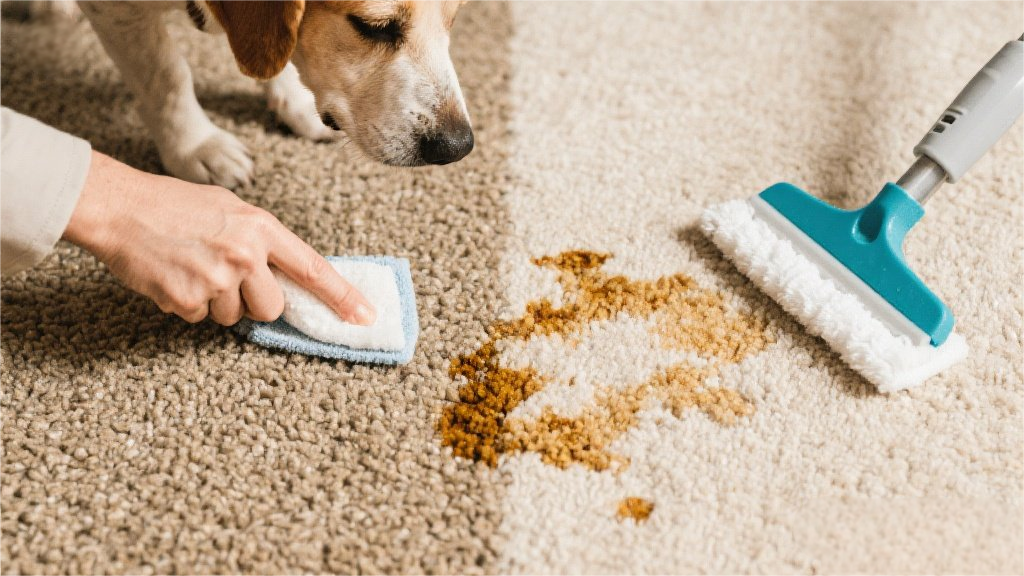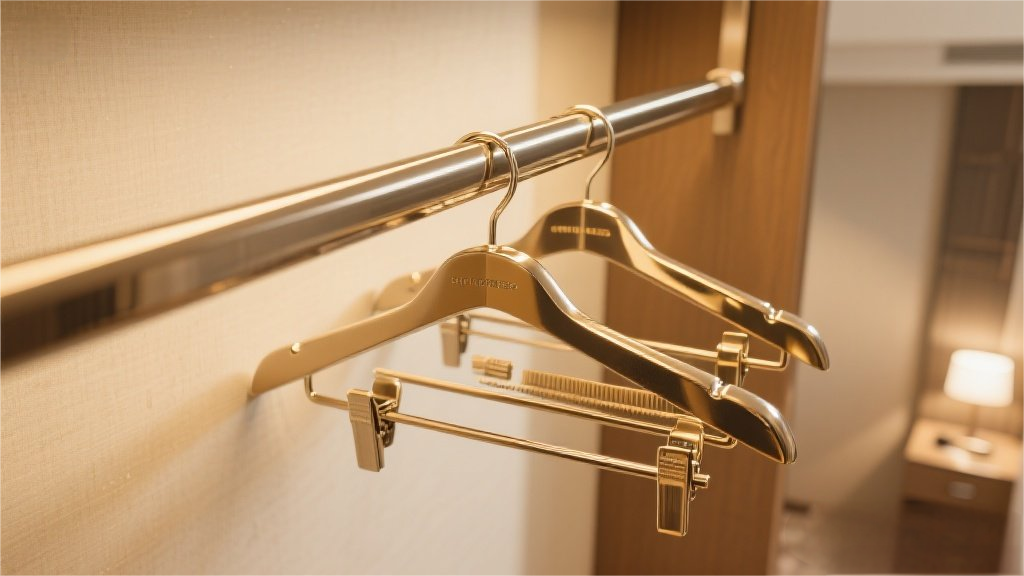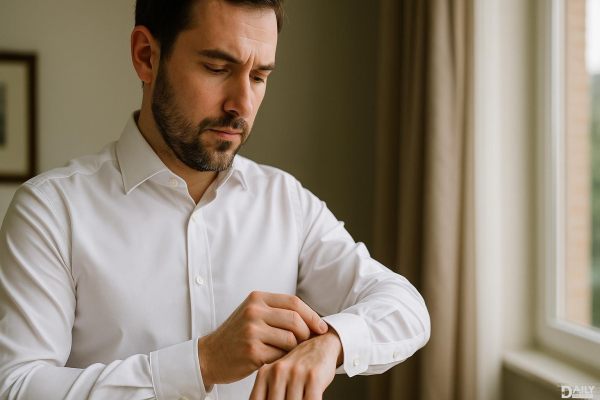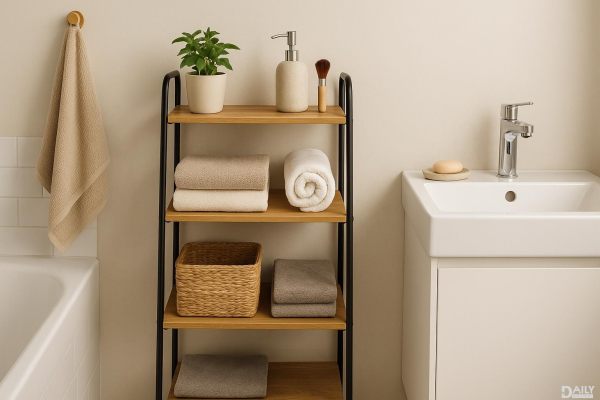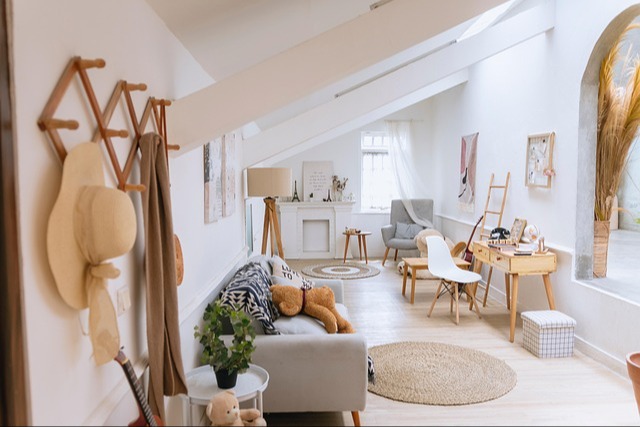Napping is like that sneaky little cheat code in the game of life—it can either give you a power-up or totally mess with your respawn time. The truth is, naps aren’t inherently good or bad; it all depends on how, when, and why you’re taking them. Think of it like caffeine: a well-timed cup of coffee can save your afternoon, but chugging espresso at 9 PM? Not so much. Naps operate under the same rules—context is everything.
The Science Behind Napping
Your body runs on a natural rhythm called the circadian cycle, which dictates when you feel alert and when you crash. Napping taps into that system, either reinforcing it or throwing it out of whack. Research shows that short naps (around 20-30 minutes) can boost alertness, memory, and even creativity without leaving you groggy. But longer naps? Those can drag you into deep sleep, making you wake up feeling like you’ve been hit by a truck—a phenomenon sleep scientists call "sleep inertia."
Then there’s the matter of timing. Your body temperature dips slightly in the early afternoon, which is why you might feel that post-lunch slump. That’s actually the ideal window for a nap—between 1 PM and 3 PM. Nap too late in the day, though, and you risk stealing from your nighttime sleep bank. It’s all about balance.
The Goldilocks Zone: Finding the Perfect Nap Length
Not all naps are created equal. A quick 10-minute power nap can sharpen your focus, while a 90-minute nap covers a full sleep cycle, helping with emotional regulation and problem-solving. But the sweet spot? Most experts agree that 20-30 minutes is the magic number—just enough to recharge without diving too deep into sleep stages that leave you disoriented.
If you’re someone who wakes up from a nap feeling worse than before, you might be overshooting. Try setting an alarm to keep it short and sweet. And if you’re chronically exhausted and relying on naps to function, that’s a red flag—your body might be signaling that your nighttime sleep isn’t cutting it.
Napping for Different Lifestyles
Shift workers, new parents, and college students pulling all-nighters have different nap needs than your average 9-to-5er. For people working irregular hours, strategic napping can be a survival tool. A pre-shift nap can help night-shift workers stay alert, while new parents might grab whatever micro-naps they can between feedings.
Athletes also swear by naps for recovery. LeBron James reportedly naps for two hours a day during the NBA season, and studies back this up—sleep (including naps) enhances muscle repair and athletic performance. So if you’re training hard, a nap might be just as crucial as your post-workout protein shake.
When Napping Backfires
For some people, napping is a one-way ticket to insomnia town. If you struggle to fall asleep at night, daytime naps might be stealing your sleep drive. Another issue? Waking up from a nap feeling worse than before—this usually means you either slept too long or at the wrong time.
There’s also a link between excessive napping and certain health conditions. Long, frequent naps have been associated with higher risks of heart disease and diabetes in some studies, though researchers aren’t sure if napping is the cause or just a symptom of poor overall sleep health. Bottom line? If you’re napping because you’re always tired, it’s worth digging deeper.
How to Nap Like a Pro
Want to master the art of the nap? Here’s the playbook: Find a quiet, dark space (blackout curtains or a sleep mask help). Keep it short—set an alarm for 20-30 minutes. Avoid caffeine right before. And if you’re really serious, try the "nap-a-latte" trick—drink a cup of coffee right before your nap. Since caffeine takes about 20 minutes to kick in, you’ll wake up with a double boost of energy.
Napping isn’t just about closing your eyes—it’s about working with your body’s natural rhythms. Done right, it can be the ultimate life hack. Done wrong? Well, let’s just say you’ll be hitting snooze on your entire day.
So, is napping good for you? The answer is a resounding "it depends." Listen to your body, experiment with timing and duration, and don’t let naps become a crutch for poor sleep habits. Because at the end of the day (literally), nothing beats a solid night’s rest.
